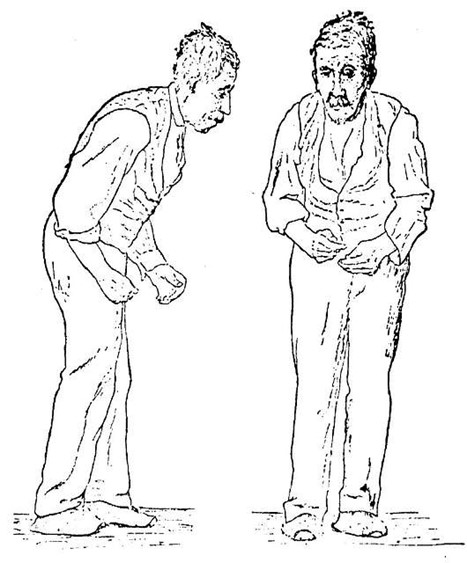Choosing Your Defense: A Comprehensive Guide to Antihistamines and Corticosteroid
When it comes to managing allergies, skin conditions, or inflammatory disorders, two commonly prescribed medications are antihistamines and corticosteroids. While both serve the purpose of alleviating symptoms, they work in distinct ways to address various aspects of the body’s immune response. In this blog, we’ll delve into the differences between antihistamines and corticosteroids, their mechanisms of action, and when each type of medication is most appropriate.
Antihistamines:
Antihistamines are a class of drugs designed to counteract the effects of histamines, which are chemicals released by the body’s immune system in response to allergens. Histamines cause symptoms like:
- itching
- sneezing
- runny nose
- watery eyes
Antihistamines block the action of histamines, providing relief from these symptoms.
- Mechanism of Action: Antihistamines bind to histamine receptors, preventing histamines from attaching and triggering the allergic response. They primarily work on the symptoms caused by histamine release.
- Common Uses: Antihistamines are commonly used to treat allergic reactions, hay fever, hives, and symptoms associated with the common cold.
- Forms: Available in various forms, including tablets, liquid, nasal sprays, and eye drops.
Corticosteroids:
Corticosteroids, on the other hand, are a type of steroid hormone that mimics the effects of cortisol, a natural hormone produced by the adrenal glands. Corticosteroids have potent anti-inflammatory properties, making them effective in suppressing the immune response and reducing inflammation.
- Mechanism of Action: Corticosteroids work by inhibiting the production of inflammatory substances and suppressing the immune system’s activity. They are more focused on reducing inflammation at the cellular level.
- Common Uses: Corticosteroids are prescribed for a wide range of conditions, including asthma, eczema, arthritis, inflammatory bowel disease, and allergic reactions with severe inflammation.
- Forms: Available in various forms, such as oral tablets, topical creams or ointments, inhalers, and injections.
Choosing the Right Medication:
The choice between antihistamines and corticosteroids depends on the nature and severity of the condition.
- Mild Allergies or Symptomatic Relief: Antihistamines are often sufficient for managing mild allergic reactions or providing relief from symptoms like itching and sneezing.
- Severe Inflammation or Chronic Conditions: Corticosteroids are more appropriate for conditions involving significant inflammation, chronic diseases, or when a stronger immune response suppression is required.
To learn more, check out this summary from Very Well Health.
Understanding the differences between antihistamines and corticosteroids is crucial for both healthcare professionals and individuals seeking relief from various allergic or inflammatory conditions. While antihistamines are effective in managing symptoms related to histamine release, corticosteroids play a broader role in suppressing inflammation and immune responses. Always consult with a healthcare provider to determine the most suitable treatment based on the specific condition and its severity.
Incorporating Zinc into our daily routine is a highly beneficial practice that promotes skin health and helps minimize the risk of acne. To conveniently meet this requirement, the Asher Longevity Institute offers Twice Daily Multi supplements that are rich in Zinc. By including these supplements in our daily regimen, we can effectively enhance our overall well-being and enjoy the advantages of healthy skin.




